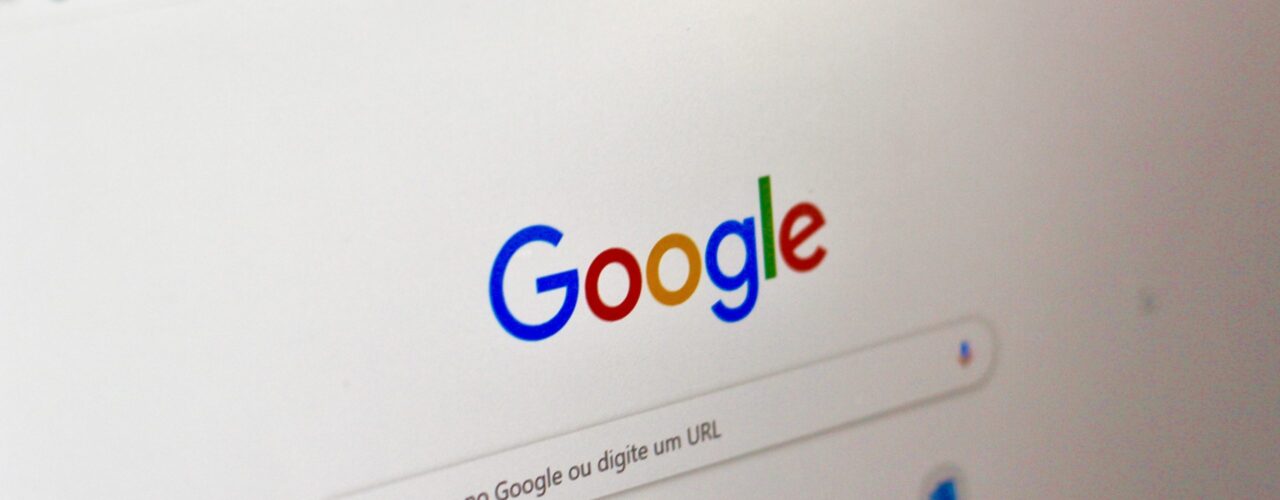The Justice Department accused Google on October 20th of illegally protecting its monopoly over search and search advertising, the government’s most significant challenge to a tech company’s market power in a generation and one that could reshape the way consumers use the internet.

So what?
The complaint marks the return of the U.S. government to a role that seemed it had abandoned: disciplining the country’s largest and most powerful monopolies. Is it the begging of government intervening other companies too? Who is next, Microsoft, Amazon or Facebook?
For a few years and mainly before COVID-19 it was a more vigorous movement including Democratic presidential candidate Elizabeth Warren of splitting the oligarchy of big tech players as their practices continue concentring power and capital that is not supporting wider economic development for many.




















Join discussion